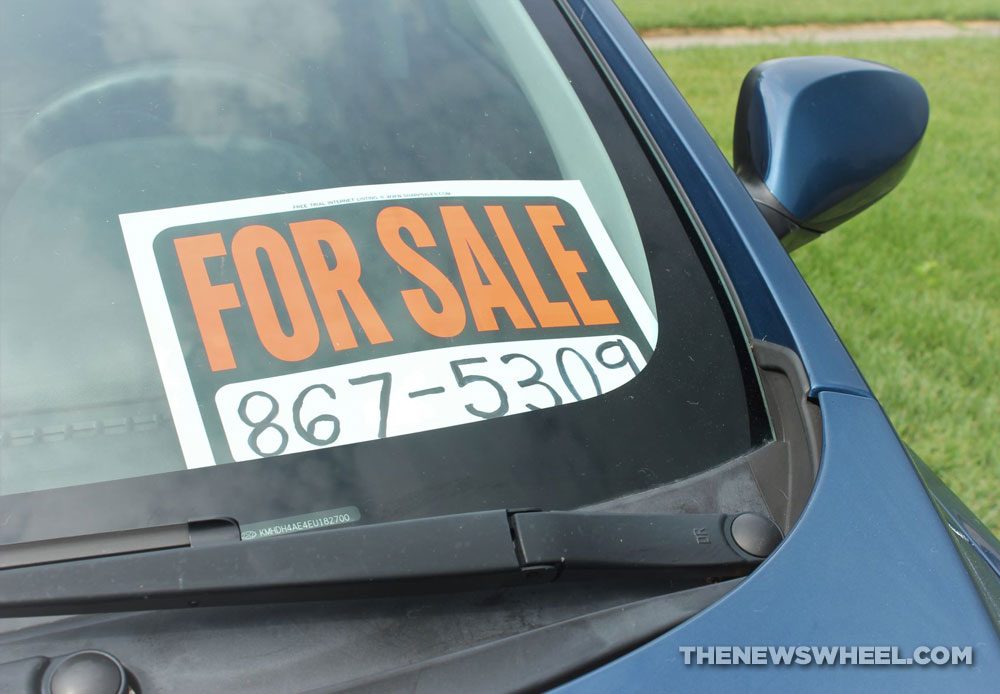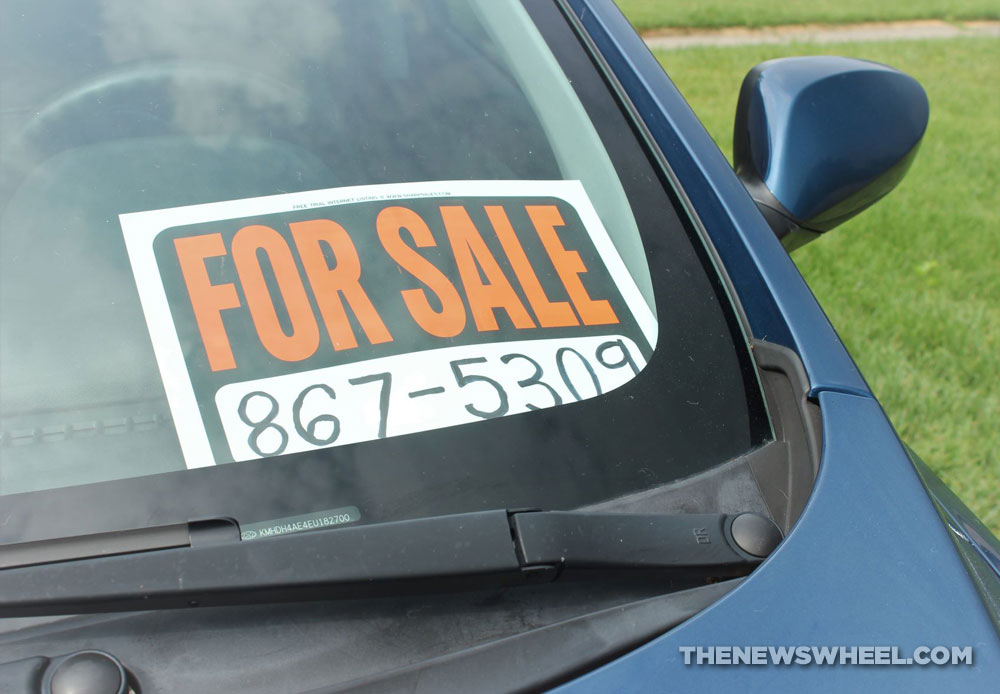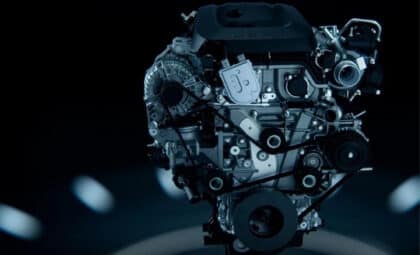
When you replace your old car with a newer one, you have a couple of options for getting rid of the old one. If you choose not to trade it in at the dealership (which is the easiest solution) or to bequeath it to a relative or charity, you can make some decent cash through a private sale via Craigslist, Facebook Marketplace, or from your front lawn. But you might be wondering whether you have to pay income tax on the money you make by selling your car.
Understanding APR: A plain explanation of how APR impacts your vehicle purchase
Do you have to pay income tax after selling your car?
When it comes time to calculate your total income to report on your 1040 form, you need to include all the money you’ve been paid. Does that include money you earned selling your car?
The answer isn’t as simple as a definite yes or no; it depends on your situation.
According to finance experts, the answer is “no” in most cases. Chances are that the car you’re selling was one you drove on a daily basis for commuting and work purposes. That type of vehicle will reduce in lower value over time than it did when you initially bought it (known as deprecation). So, if you sell the car for less than what you originally paid for it, that couple-thousand dollars you get by selling it isn’t considered capital gain because ultimately the asset lost value.
However, there are some situations in which you’d sell a car for more than what you originally paid for it. If you obtained a jalopy and refurbished it, you could make a profit off of it (essentially flipping it, like you would a house). If you received a car as a gift from a family member without having to pay them for its actual value at the time, but you later sold the car for what it’s worth, you’d be making a profit. This would be taxable income. That’s why classic car restoration can be a feasible way of making a living in addition to being a hobby.
The best solution is to talk with a tax consultant who can assess your situation and determine if you owe the IRS any taxes (or can claim car-related deductions). They know the ins and outs of tax laws to give the correct verdict on your circumstances.
To avoid having to worry about this, trading in your car to a dealership when buying a new one lets you put your car’s value toward the purchase of a replacement.
Car-Shopping Basics: What is a “buy here, pay here” dealership?
Aaron is unashamed to be a native Clevelander and the proud driver of a Hyundai Veloster Turbo (which recently replaced his 1995 Saturn SC-2). He gleefully utilizes his background in theater, literature, and communication to dramatically recite his own articles to nearby youth. Mr. Widmar happily resides in Dayton, Ohio with his magnificent wife, Vicki, but is often on the road with her exploring new destinations. Aaron has high aspirations for his writing career but often gets distracted pondering the profound nature of the human condition and forgets what he was writing… See more articles by Aaron.









